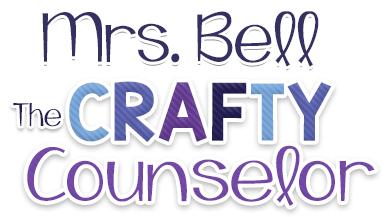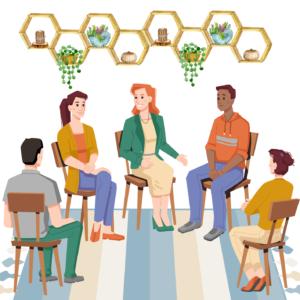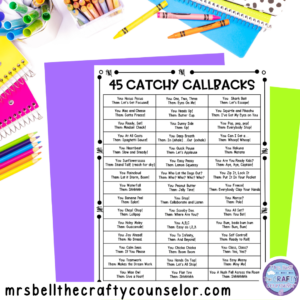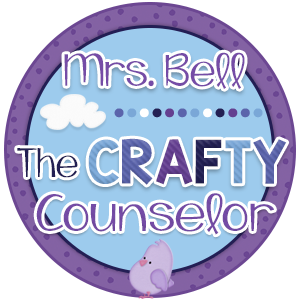Mastering Small Group Counseling: Tips, Tricks, and Strategies
Small group counseling is a dynamic and impactful way of working with students. It allows for more personalized attention than large group sessions while fostering a sense of community and shared learning among participants. However, running a small group effectively can have its challenges.
Let’s explore some common issues in small group counseling and provide practical tips and tricks to ensure your sessions are both successful and enjoyable.
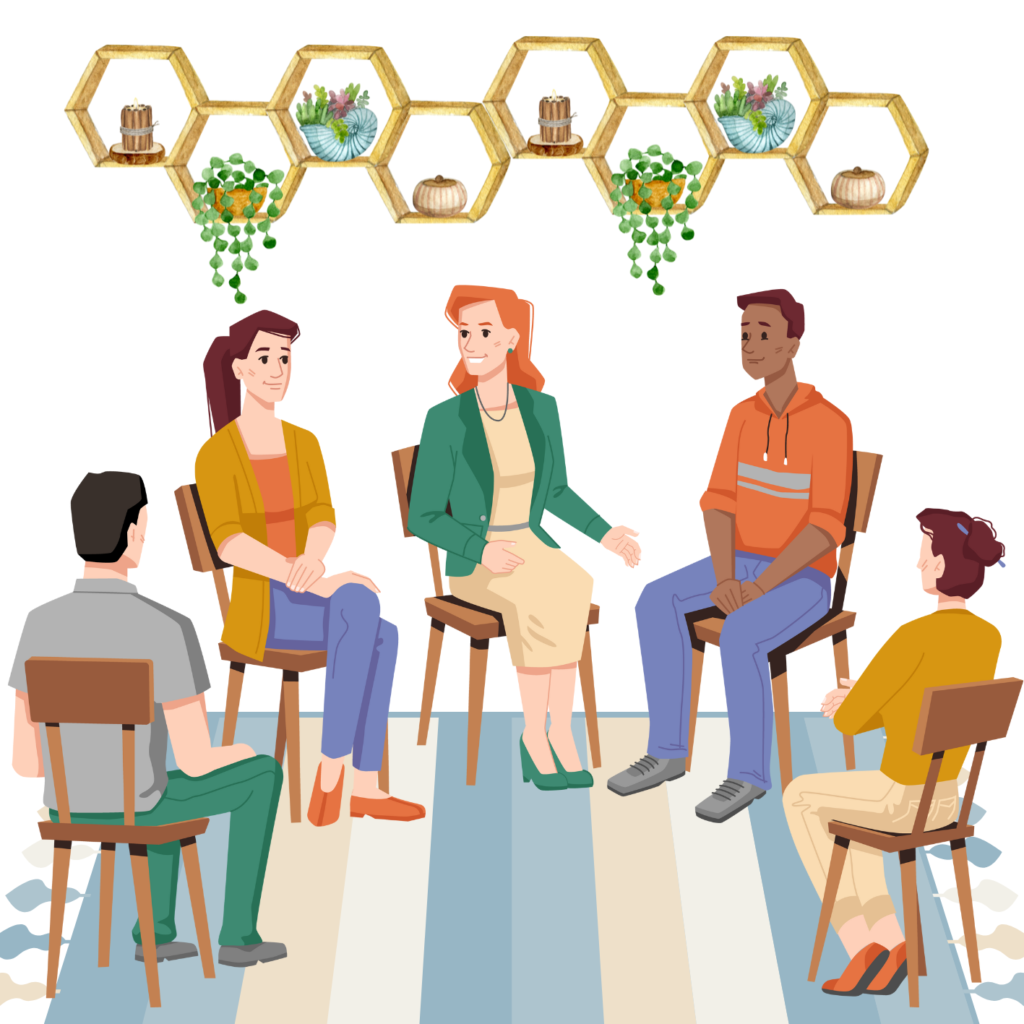
Common Issues in Small Group Counseling:
- Varied Dynamics: Every group is unique, and managing different personalities and behaviors can be challenging.
- Engagement: Keeping all group members engaged and active throughout the session.
- Confidentiality: Ensuring that group members understand and respect the confidentiality of the discussions.
- Attendance and Punctuality: Managing irregular attendance or late arrivals, which can disrupt the flow of the session.

Effective Strategies for Small Group Counseling:
- Establish Ground Rules: Begin by setting clear expectations regarding behavior, confidentiality, and participation. This sets the tone and ensures a safe and respectful environment.
- Interactive Activities: Incorporate interactive elements into your sessions. Activities that require participation can enhance engagement and learning. Consider using my Interactive Small Group Bundle for ready-to-use, engaging activities.
- Personalize the Experience: Tailor your sessions to the specific needs and interests of the group members. This personal touch can increase relevance and engagement.
- Build Trust: Create an atmosphere of trust and openness. Encourage sharing and validate feelings and experiences. Trust is the cornerstone of effective group counseling.
- Monitor Group Dynamics: Be observant of group interactions and dynamics. Intervene when necessary to maintain a balanced and inclusive environment.
- Regular Check-ins: Regularly check in with the group members to gauge their feelings towards the group and make adjustments as needed.
- Debrief and Reflect: Allow time at the end of each session for members to reflect on what they’ve learned and how they can apply it.
- Manage Attendance: Set up a consistent schedule and communicate the importance of regular attendance. Consider a brief recap at the start of each session for those who might have missed the previous meeting.
- Continuous Learning: As a counselor, continually seek professional development to enhance your group facilitation skills.

Enhancing Group Cohesion and Effectiveness:
In addition to the above strategies, enhancing the cohesion and effectiveness of your small group is crucial. One way to do this is by fostering a sense of shared purpose and goals among group members. Begin by collaboratively setting group objectives and periodically revisiting these goals to track progress. This approach not only gives members a clear direction but also a sense of ownership and investment in the group’s journey. Another key aspect is the use of reflective listening and empathetic responses. As a counselor, model these communication skills to encourage deeper understanding and empathy among group members. This can significantly improve the quality of interactions within the group, leading to more meaningful and supportive discussions.
Encouraging self-reflection is also vital. Provide opportunities for members to reflect on their personal growth and learning within the group. This could be through journaling activities, group discussions, or individual sharing sessions. Self-reflection helps members internalize the skills and insights gained during the sessions, leading to lasting personal development. Additionally, integrating creative expressions like art, music, or drama can be a powerful way to engage members, especially those who might find it challenging to express themselves verbally. These creative outlets offer alternative modes of expression and can be incredibly therapeutic.
Lastly, ensure to maintain a flexible approach. Be prepared to modify your plans based on the group’s dynamics and needs. Flexibility allows you to tailor each session to the most pressing issues or topics that arise, making each meeting relevant and impactful. Remember, the ultimate goal of small group counseling is not just to address immediate concerns but to equip members with lifelong skills and insights for personal and social development.
By incorporating these additional elements into your small group counseling sessions, you create a more enriching and transformative experience for all participants. This holistic approach not only addresses immediate issues but also fosters long-term growth and resilience in group members.
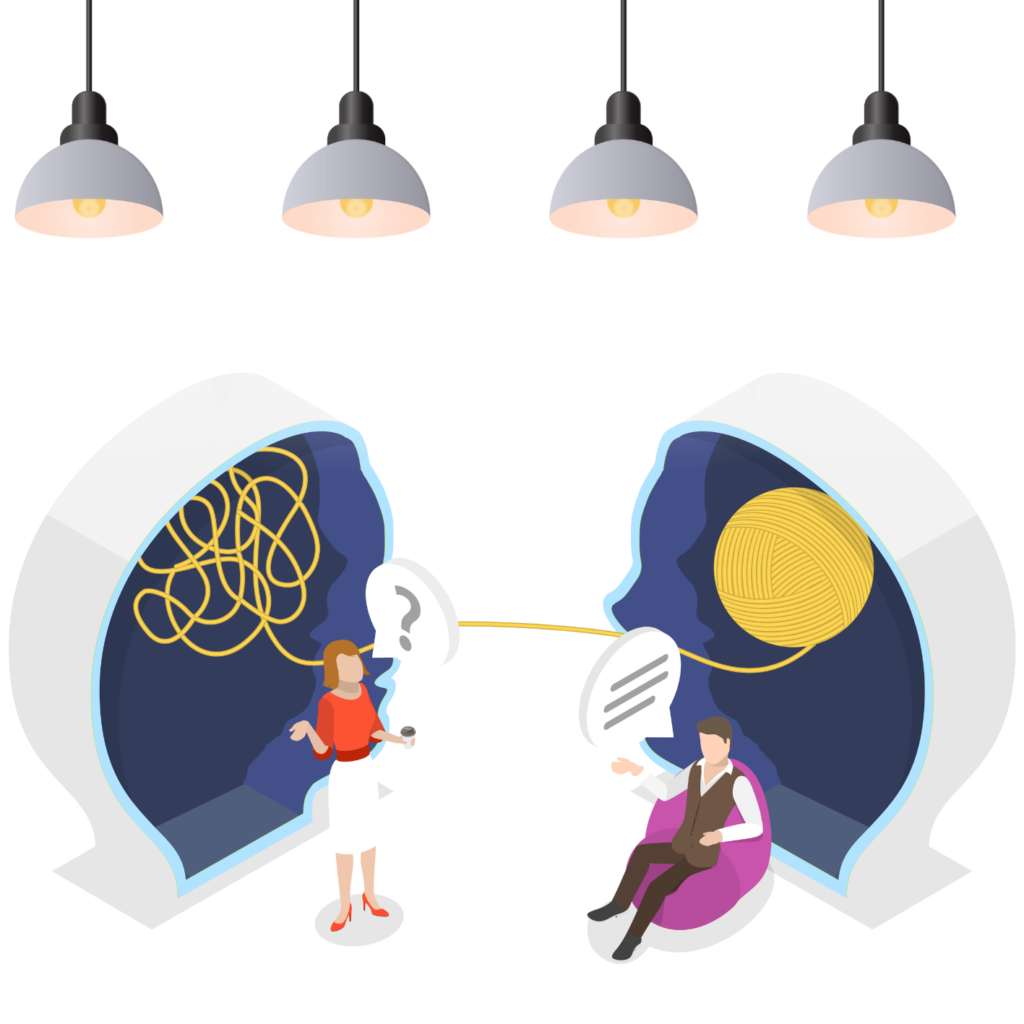
Running a small group counseling session can be incredibly rewarding. By setting clear guidelines, engaging members with interactive activities, and fostering a supportive environment, you can create a meaningful and impactful experience for all participants.
Don’t forget to check out our Interactive Small Group Bundle for resources that can help enhance your group sessions. Remember, the success of a small group often hinges on the counselor’s ability to adapt, empathize, and facilitate effectively. Happy counseling!
Read more...
Share it...
You might also like...
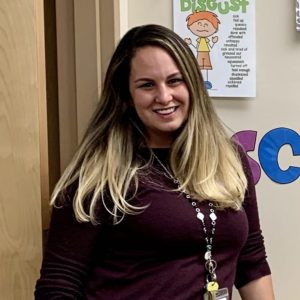
Hi, I'm Ashley!
I am a school counselor who helps educators to change the lives of students with engaging, creative, and meaningful SEL resources.
